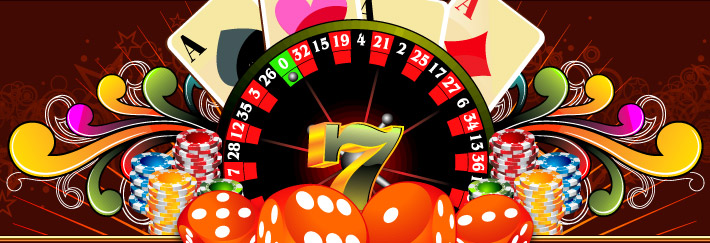Online Gambling in Antigua and Barbuda
Antigua and Barbuda grants licenses to online gambling site, though its quite unclear if they allow residents to gamble online.
The licensing and regulation of online gambling services on the islands of Antigua and Barbuda is handled by the Financial Services Regulatory Commission's Division of Gaming.
The FSRC Gaming Division awards two types of licenses: interactive gaming (casino games and poker) and interactive wagering (sports betting).
Applicants must provide a non-refundable deposit of USD $10,000 for due diligence plus an additional USD $1,000 per key person.
The annual license fee for interactive gaming is USD $75,000 and the annual license fee for interactive wagering is USD $50,000. Key person licenses are USD $1,000 the first year, and USD $250 in renewal years. There is an annual USD $5,000 renewal application fee for online gaming and sports betting licenses, with additional charges if investigation fees exceed that amount.
Several years ago, the government of Antigua and Barbuda made a complaint to the World Trade Organization (WTO) about the United States' enactment of the Unlawful Internet Gambling Enforcement Act which impedes on online gambling.
Antigua and Barbuda won the preliminary ruling but WTO's appeals body somewhat narrowed that favorable ruling in April 2005. The appeals decision held that various state laws argued by Antigua and Barbuda to be contrary to the WTO agreements were not sufficiently discussed during the course of the proceedings to be properly assessed by the panel.
However, the appeals panel also ruled that the Wire Act and two other federal statutes prohibiting the provision of gambling services from Antigua to the United States violated the WTO's General Agreement on Trade in Services, or "GATS".
Although the United States convinced the appeals panel that these laws were "necessary" to protect public health and morals, the asserted United States defense on these grounds was ultimately rejected because its laws relating to remote gambling on horse-racing were not applied equally to foreign and domestic online betting companies, and thus the United States could not establish that its laws were non-discriminatory.
On March 30, 2007, the WTO confirmed the U.S. "had done nothing to abide by an earlier verdict that labeled some U.S. Internet gambling restrictions as illegal."
On June 19, 2007, Antigua and Barbuda filed a claim with the WTO for USD $3.4 billion in trade sanctions against the United States, along with a request for authorization to ignore U.S. patent and copyright laws. This followed by a day similar demands for compensation made by the European Union.
Many of the companies operating out of Antigua are publicly traded on various stock exchanges, specifically the London Stock Exchange. Antigua has met British regulatory standards and has been added to the UK's "white list", which allows licensed Antiguan companies to advertise in the UK.
About Antigua and Barbuda
Antigua and Barbuda is a twin-island nation lying between the Caribbean Sea and the Atlantic Ocean. It consists of two major inhabited islands, Antigua and Barbuda, and a number of smaller islands (including Great Bird, Green, Guinea, Long, Maiden and York Islands).
Separated by a few nautical miles, the group is in the middle of the Leeward Islands part of the Lesser Antilles, roughly at 17 degrees north of the Equator. Antigua and Barbuda is nicknamed "Land of 365 Beaches" due to the many beaches surrounding the land.
It is a former British colony that achieved full independence in 1981. Antigua and Barbuda has a population of 68,000 people. It is an English-speaking country. While considered one of the finest tourist destinations in the tropical Caribbean, Antigua and Barbuda has also developed a reputation as a respected center of Caribbean banking and commerce.

